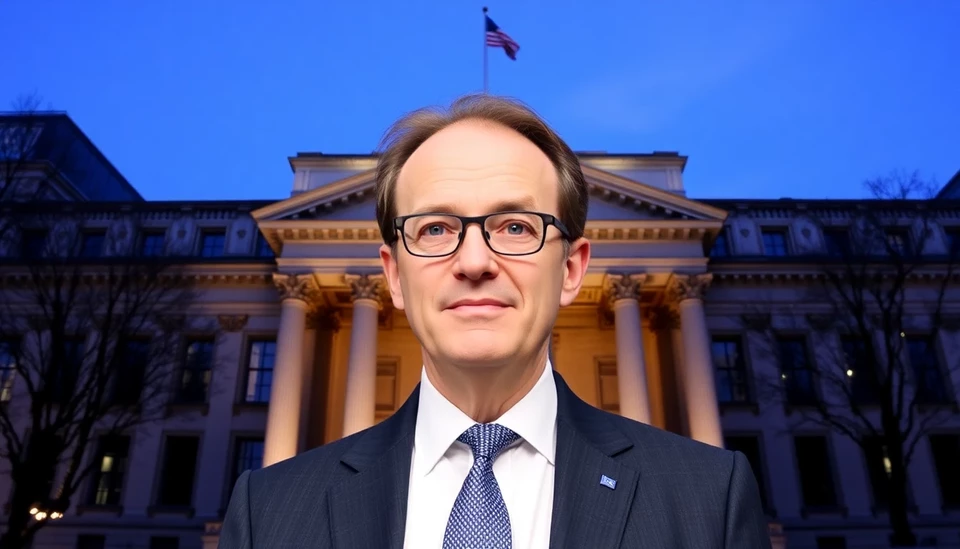
In a significant policy address, Bundesbank President Joachim Nagel articulated his views on the European Central Bank's (ECB) interest rate strategy, emphasizing that rates should not be lowered to levels below what he described as "neutral." This perspective comes as the ECB considers its next moves amidst evolving economic indicators across the Eurozone.
During his speech, Nagel argued that maintaining interest rates above neutral is crucial for ensuring long-term price stability. He explained that lowering rates excessively could lead to undesired inflationary pressures, undermining the ECB's mandate to achieve price stability. Nagel's remarks resonate with a broader consensus among central bank officials who are wary of the implications of overly accommodative monetary policy.
The context of Nagel's statement stems from ongoing economic uncertainties in the Eurozone, including factors such as inflation rates which continue to challenge both consumers and policymakers. While some regions have started showing signs of economic resilience, Nagel warns that the ECB must adopt a cautious approach to avoid jeopardizing the progress made in stabilizing inflation.
As the ECB prepares for its next monetary policy meeting, Nagel’s insights are particularly pertinent. His call to avoid cutting rates below neutral underlines the central bank's commitment to preserving financial stability and signals a potential preference for a more hawkish stance. Analysts expect that this could influence the discussions among ECB policymakers as they balance the need for growth with the imperative to control inflation.
Nagel's comments have sparked discussions among economists and financial analysts who speculate on the trajectory of interest rates in the coming months. The possibility of keeping rates elevated has implications for borrowing costs and economic investment, prompting stakeholders across various sectors to closely monitor the ECB's decisions.
In conclusion, Joachim Nagel’s remarks serve as a reminder of the delicate balancing act central banks must maintain in a fluctuating economic landscape. His assertion that interest rates should not dip below neutral is likely to shape future policy discussions as the European Central Bank navigates through unpredictable economic conditions.
For those following monetary policy closely, Nagel's insights are not only relevant for the ECB but also reflect broader trends seen across various central banks globally, as they adapt to inflationary pressures and economic recovery efforts.
#ECB #InterestRates #MonetaryPolicy #Inflation #Eurozone #JoachimNagel
Author: Rachel Greene




